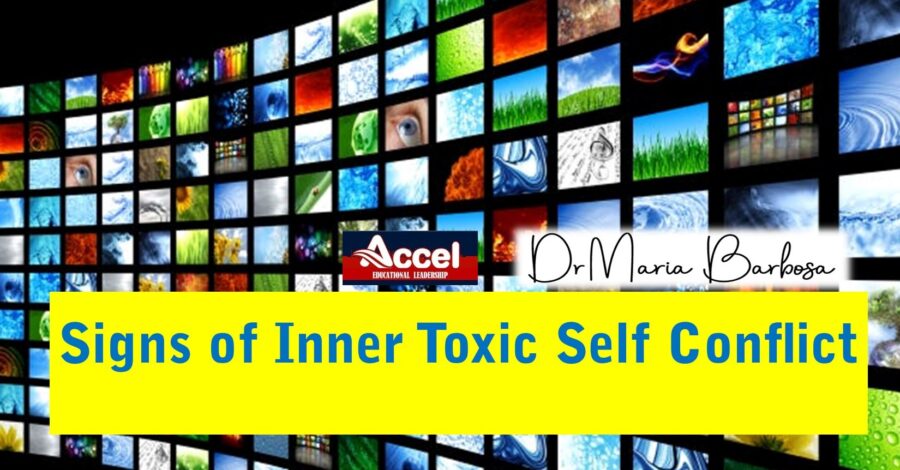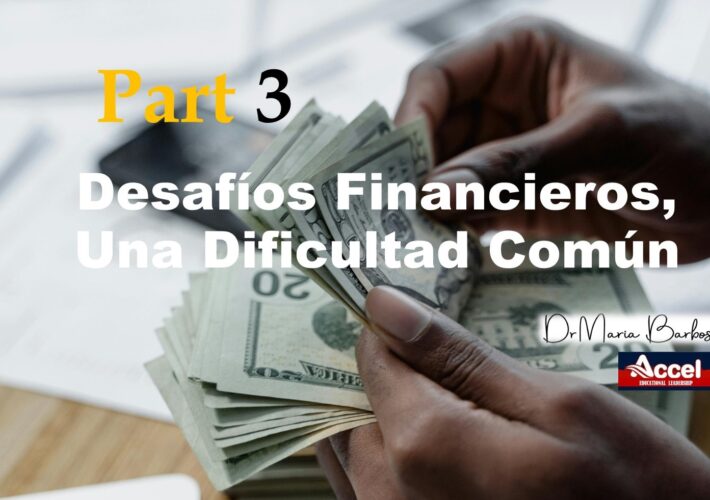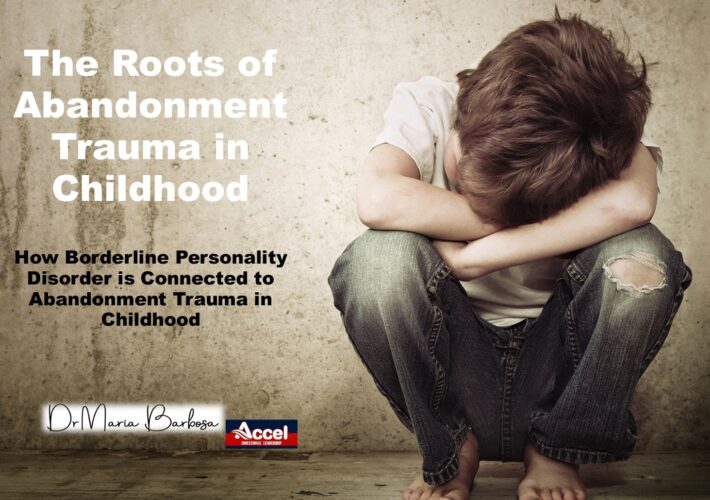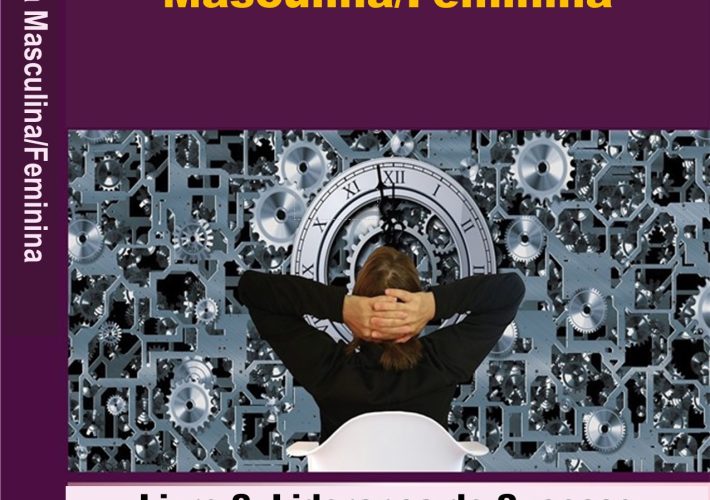Introduction
In the self-awareness, recognizing signs of inner toxic self-conflict is paramount. This article will explore the various indicators of toxic self-conflict and offer strategies for overcoming this internal struggle. This conflict, often silent and internal, can significantly impact our emotional well-being.
Let’s see some of the depths of this psychological intricacy to understand the signs that might be manifesting within us, unbeknownst to our conscious minds.
Signs of Inner Self Conflict
Seeking Approval on Social Media: In the digital age, social media platforms play a significant role in our lives. Those facing inner self conflict may excessively seek approval through likes and comments, using external validation to fill an internal void.
Constant Comparison with Others: Another telltale sign is the habit of constantly comparing oneself to others. By fixating on others’ achievements and appearances, individuals overlook their uniqueness, contributing to a cycle of dissatisfaction and inner turmoil.
Taking Criticism Too Personally: Criticism is a part of life, but those experiencing inner self conflict tend to internalize criticism, taking it as a personal attack. The inability to separate oneself from constructive feedback can lead to heightened emotional distress.
Apologizing Excessively: One unmistakable sign of inner self conflict is the tendency to apologize excessively. Even when the fault lies elsewhere, individuals grappling with inner conflict find themselves offering apologies almost instinctively. This behavior stems from a deep-seated need for harmony and a fear of confrontation.
Agreeing Despite Differing Opinions: Inner conflict may manifest as a constant need for external validation. Individuals find themselves agreeing with others, even when their opinions differ. This behavior is an attempt to avoid conflict and gain acceptance, but it often comes at the expense of authenticity.
Here are Multi Silent Struggles: Signs to Look Out For
1. Emotional Rollercoaster: One glaring sign of Inner Toxic Self Conflict is the rollercoaster of emotions that individuals experience. Sudden mood swings, from euphoria to despair, can be indicative of an ongoing internal battle between conflicting aspects of one’s identity.
2. Procrastination as a Defense Mechanism: Procrastination, often dismissed as a simple lack of motivation, can actually be a shield against facing conflicting thoughts. The mind, in an attempt to avoid the discomfort of inner turmoil, resorts to delaying decisions or actions.
3. Persistent Negative Self-Talk: The constant chatter within our minds can take a toxic turn when conflicting thoughts surface. Negative self-talk becomes a manifestation of the inner conflict, eroding self-esteem and contributing to a cycle of self-sabotage.
4. Relationship Struggles: Inner conflict can spill into our relationships, causing strain and discord. Difficulty in maintaining healthy connections may be a sign of unresolved internal turmoil affecting external interactions.
5. Physical Symptoms of Distress: The mind-body connection is profound, and inner conflict can manifest physically. Chronic stress, headaches, or gastrointestinal issues may be the body’s way of expressing the discord within.
Impact on Emotional State
Increased Emotional Pain: The cumulative effect of these behaviors is an increase in emotional pain. Inner self conflict intensifies negative emotions, making it challenging to navigate daily challenges and maintain a healthy mental state.
Potential for Emotional Trauma: In severe cases, prolonged inner self conflict can lead to emotional trauma. The constant struggle within oneself can result in long-lasting emotional scars, affecting various aspects of life.
Overcoming Inner Toxic Self Conflict- Positive Approaches to Achieve Emotional Health
1. Self-Reflection: The first step towards resolving Inner Toxic Self Conflict is self-reflection. Take time to identify conflicting thoughts and acknowledge their existence. This awareness lays the foundation for constructive change.
- Self-Reflection and Awareness: The first step towards emotional healing is self-reflection and awareness. Understanding the sources of inner conflict allows individuals to address them consciously, paving the way for positive change.
2. Setting Healthy Boundaries: Establishing and maintaining healthy boundaries is vital for emotional well-being. Learning to say ‘no’ when necessary and prioritizing self-care fosters a healthier internal environment.
3. Embracing Uniqueness: Acknowledging and celebrating one’s uniqueness is a powerful antidote to inner self conflict. Embracing individuality promotes self-acceptance and reduces the need for external validation.
4. Cultivating Gratitude: Focusing on gratitude shifts the perspective from what is lacking to what is present. Cultivating gratitude helps individuals find contentment in the present moment, alleviating inner turmoil.
5. Practicing Self-Compassion: Being kind to oneself is crucial. Practicing self-compassion involves treating oneself with the same warmth and understanding as one would offer to a friend facing challenges.
6. Establish Clear Values: Define and prioritize personal values. This clarity assists in aligning thoughts and actions, reducing the internal friction that leads to toxic self-conflict.
what are some personal values? Incase you ask.
- Integrity: Upholding honesty and moral principles in all aspects of life, even when faced with challenges or temptations.
- Authenticity: Being true to oneself and others, embracing one’s uniqueness, and avoiding pretense or conformity for the sake of societal expectations.
- Resilience: Cultivating the ability to bounce back from setbacks, learning from challenges, and maintaining a positive outlook in the face of adversity.
- Responsibility: Taking ownership of one’s actions, acknowledging the consequences, and fulfilling commitments with a sense of duty.
- Cultivate Self-Compassion: Embrace self-compassion as a powerful tool in navigating inner conflict. Understand that everyone grapples with internal struggles, and treating oneself with kindness can break the cycle of self-destructive patterns.
- Generosity: Sharing time, resources, and energy with others, promoting a sense of community and contributing to the well-being of those in need.
- Continuous Learning: Valuing personal and intellectual growth, seeking knowledge, and being open to new experiences and perspectives.
- Family: Prioritizing the well-being and support of family members, fostering strong connections, and creating a sense of belonging.
- Courage: Facing fears and challenges with bravery, standing up for principles, and taking calculated risks for personal or societal growth.
- Gratitude: Recognizing and appreciating the positive aspects of life, expressing thankfulness for experiences, relationships, and opportunities.
- Balance: Striving for equilibrium in various aspects of life, such as work and leisure, to maintain overall well-being.
- Justice: Advocating for fairness, equality, and ethical treatment in personal and societal interactions.
- Humility: Acknowledging one’s strengths and weaknesses, remaining modest in achievements, and valuing the contributions of others.
- Creativity: Embracing innovation and imaginative thinking, fostering self-expression and finding unique solutions to challenges.
- Independence: Valuing self-reliance and autonomy, making decisions based on personal values and beliefs rather than external pressures. “These are few”
Seek Professional Guidance: Therapeutic intervention can provide a safe space for individuals to explore and address inner conflicts. A skilled therapist can guide the process of unraveling conflicting thoughts and building a healthier mindset. “With Get-Up-and-Go Holistic Therapy, Dr. Maria Barbosa offer aid to individuals to remove negative emotions by overcome emotional pain. www.drmariabarbosa.com” WhatsApp (386)206-6325
Conclusion
In conclusion, recognizing the signs of inner self conflict is the first step towards achieving emotional health. By addressing these signs and embracing positive approaches, individuals can navigate the emotional turmoil and foster a more resilient and balanced inner self.
Frequently Asked Questions
How can I become more self-aware and identify my inner conflicts? Self-awareness can be cultivated through practices like journaling, therapy, or mindfulness. Reflecting on your thoughts and emotions helps uncover hidden conflicts.
Is seeking external validation always harmful? Seeking occasional validation is natural, but relying solely on external sources for validation can contribute to inner self conflict. Balancing external validation with self-approval is crucial.
Can setting boundaries really make a difference in emotional well-being? Yes, setting healthy boundaries is crucial. It helps protect your emotional space and allows you to prioritize your well-being without feeling overwhelmed.
How can I practice self-compassion in challenging situations? Self-compassion involves treating yourself with kindness. In challenging situations, remind yourself that everyone makes mistakes, and it’s an opportunity for growth.
Is it ever too late to start addressing inner self conflict? It’s never too late to start the journey towards emotional health. Embracing positive changes, seeking support, and practicing self-care can make a significant difference.
By: Maria Pinto Barbosa PhD #DrBarbosa
Certified as School Board of Education / PHD-Doctor of Philosophy in Cristian Clinical Counseling. ACCEL-Holistic Life Coach / Founder-Director of ACCEL Educational Leadership. Specialized on Temperaments – Personalities.
Discover more from Dr Maria Barbosa
Subscribe to get the latest posts sent to your email.





